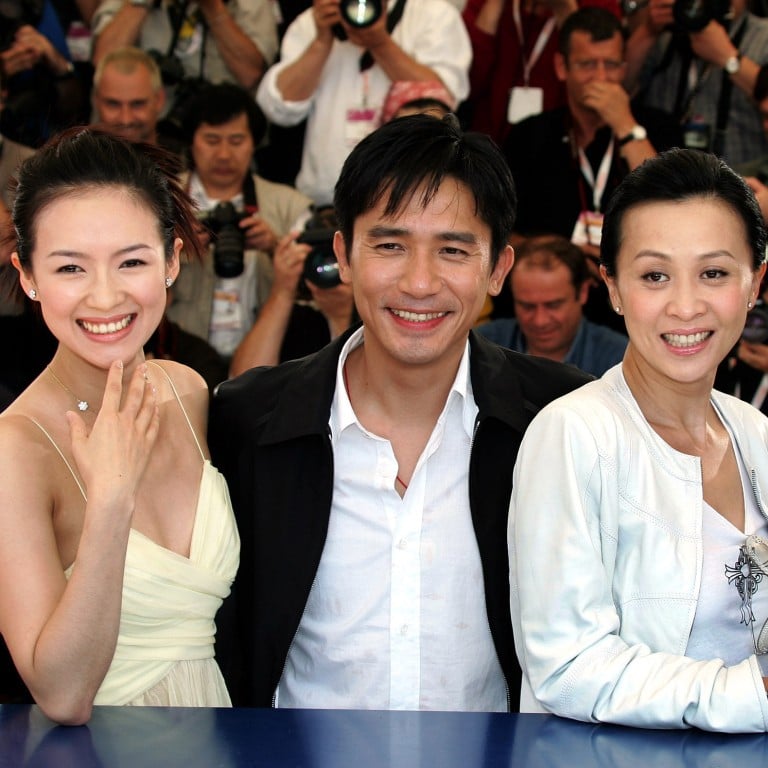
Cannes Film Festival history for Hong Kong cinema as Twilight of the Warriors: Walled In and She’s Got No Name premiere
- Hong Kong’s first film at Cannes was Li Han-hsiang’s The Enchanting Shadow in 1960, with the director’s films also featuring in 1962 and 1963
- Wong Kar-wai and Johnnie To have both had multiple films screen at the festival, though Hong Kong has also seen long periods of absence from the event
Last week, the main selections were announced for the 77th Cannes Film Festival, which will be held in the picturesque city in the South of France between May 14 and 25. Hong Kong filmmakers will be in attendance at one of world cinema’s most prestigious events, but will not be competing for the coveted Palme d’Or.
Hot off his best director win at the Hong Kong Film Awards, Soi Cheang Pou-soi will present the international premiere of his period action drama Twilight of the Warriors: Walled In as part of the festival’s midnight section, after it opens in Hong Kong and mainland China on May 1.
Peter Chan Ho-sun’s She’s Got No Name, starring Zhang Ziyi as a woman accused of murdering and dismembering her husband in 1940s Shanghai, will also premiere at Cannes this year, albeit out of competition.
Despite the two high-profile premieres this year, it must be conceded that Hong Kong has not fared well at Cannes, especially in recent years.
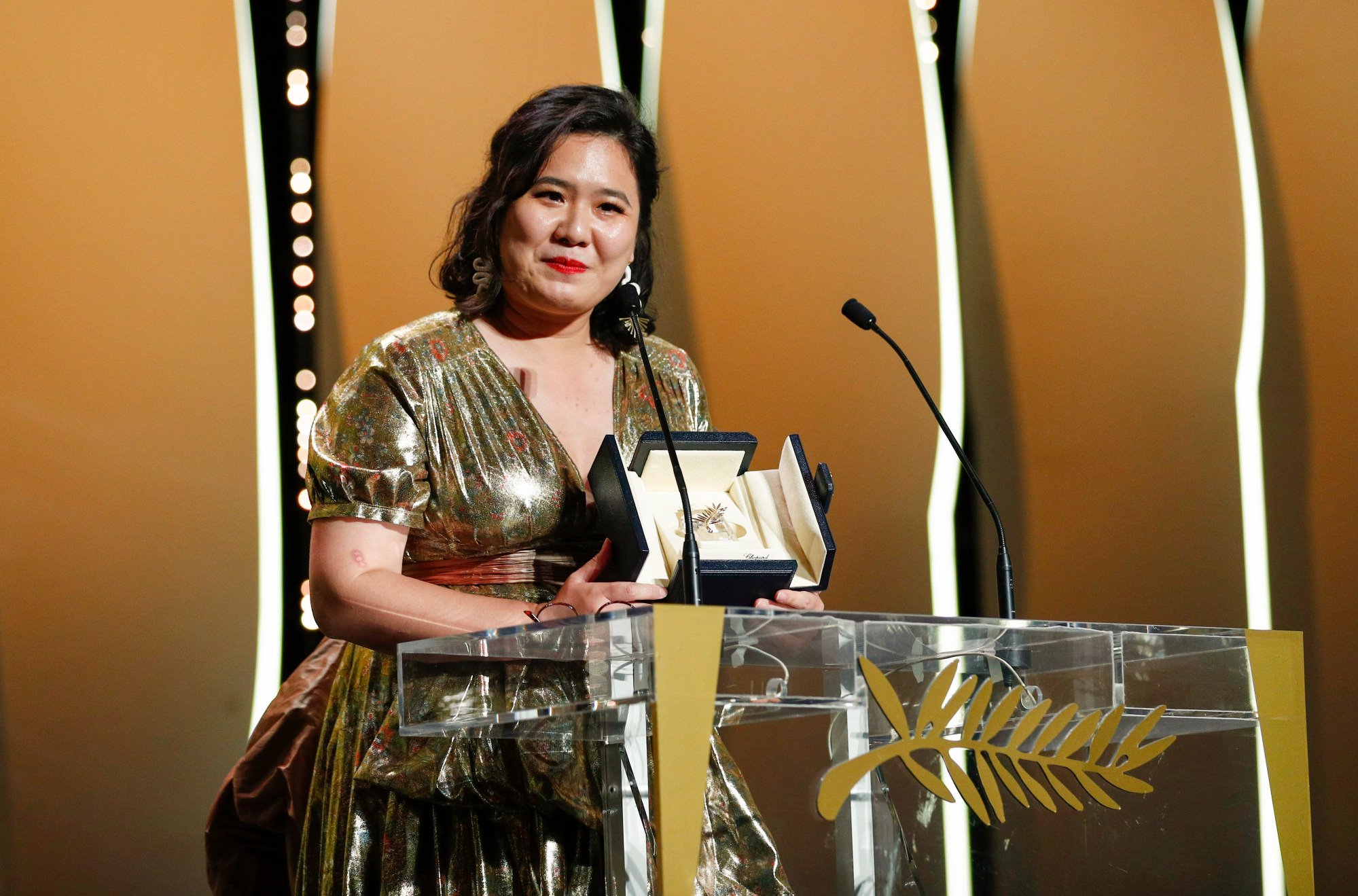
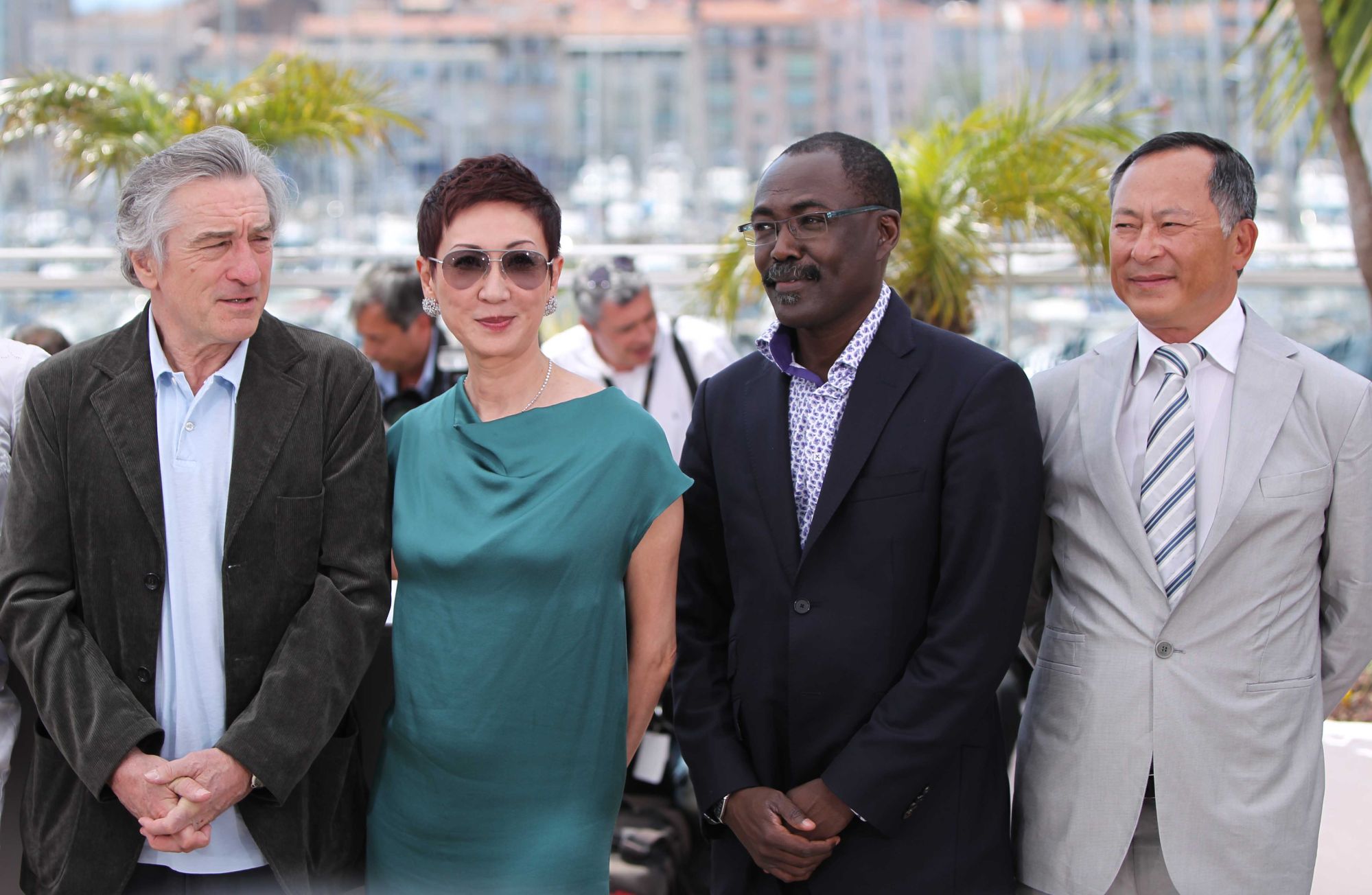
A decade earlier, Hong Kong films were an almost ubiquitous presence on the Riviera, but as the industry continued to struggle at home, it would seem that international attention was also waning.
The Cannes Film Festival was launched in 1946 and has grown in reputation ever since, establishing itself as one of Europe’s “big three” festivals, alongside Venice and Berlin.
While international cinema has always been part of Cannes’ remit, the first Hong Kong film did not screen there until 1960, when Li Han-hsiang’s The Enchanting Shadow played in competition, only to lose out to Federico Fellini’s La Dolce Vita.
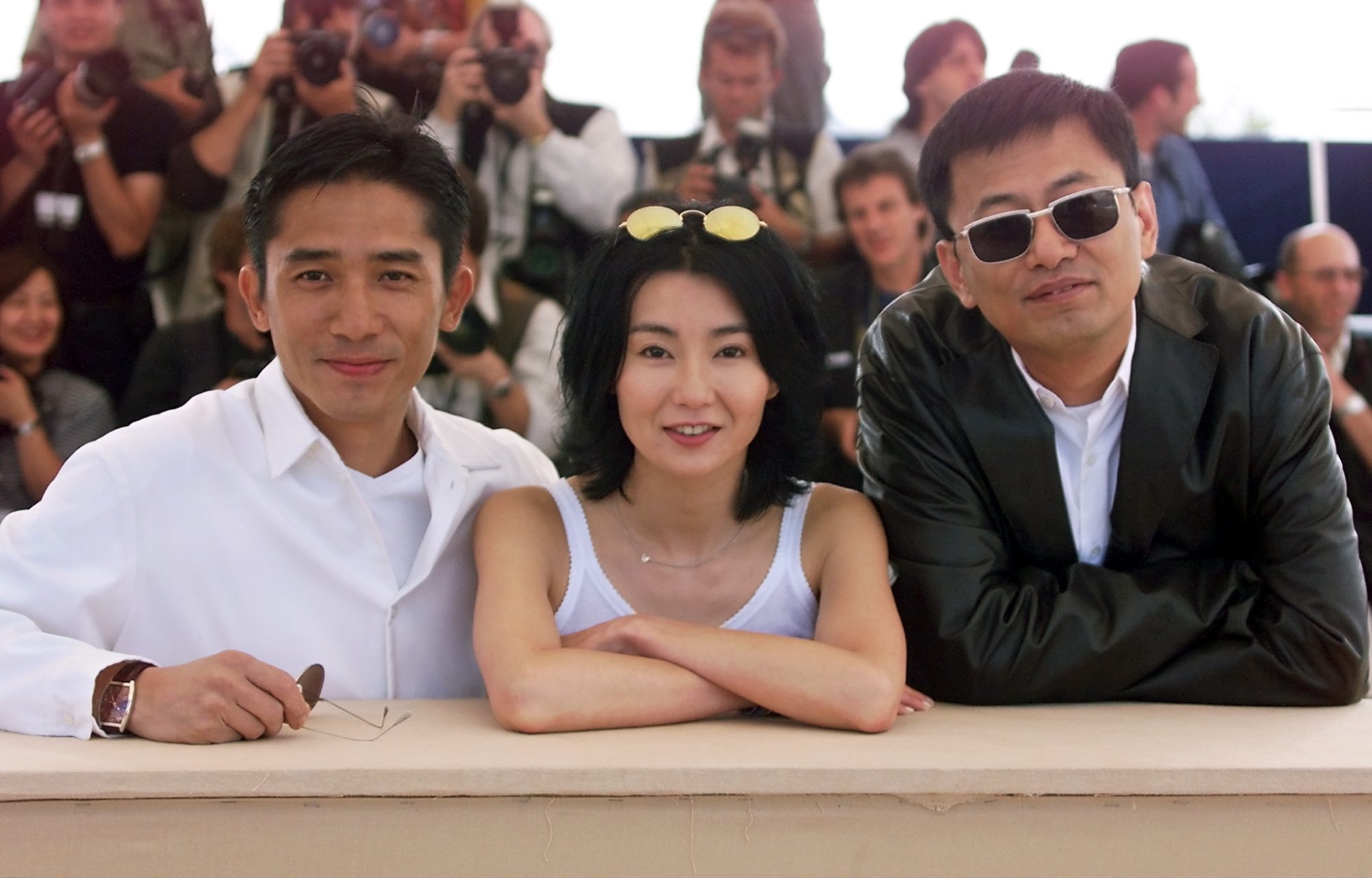
Although Li would never win a prize at Cannes, he quickly became a mainstay at the festival. His next two features both played in competition, including 1962’s The Magnificent Concubine (a remake of Kenji Mizoguchi’s 1955 Shaw Brothers-produced drama Princess Yang Kwei Fei), as well as Empress Wu Tse-tien the following year.
Hong Kong had to wait more than a decade before reappearing at Cannes.
Another lengthy wait was in store as Hong Kong filmmakers were largely overlooked by the Cannes programming committee throughout the 1980s. A smattering of mainland productions were granted out-of-competition berths during this period, but only Fan Cen’s 1981 drama The True Story of Ah Q made it into the top tier, again going home empty-handed.
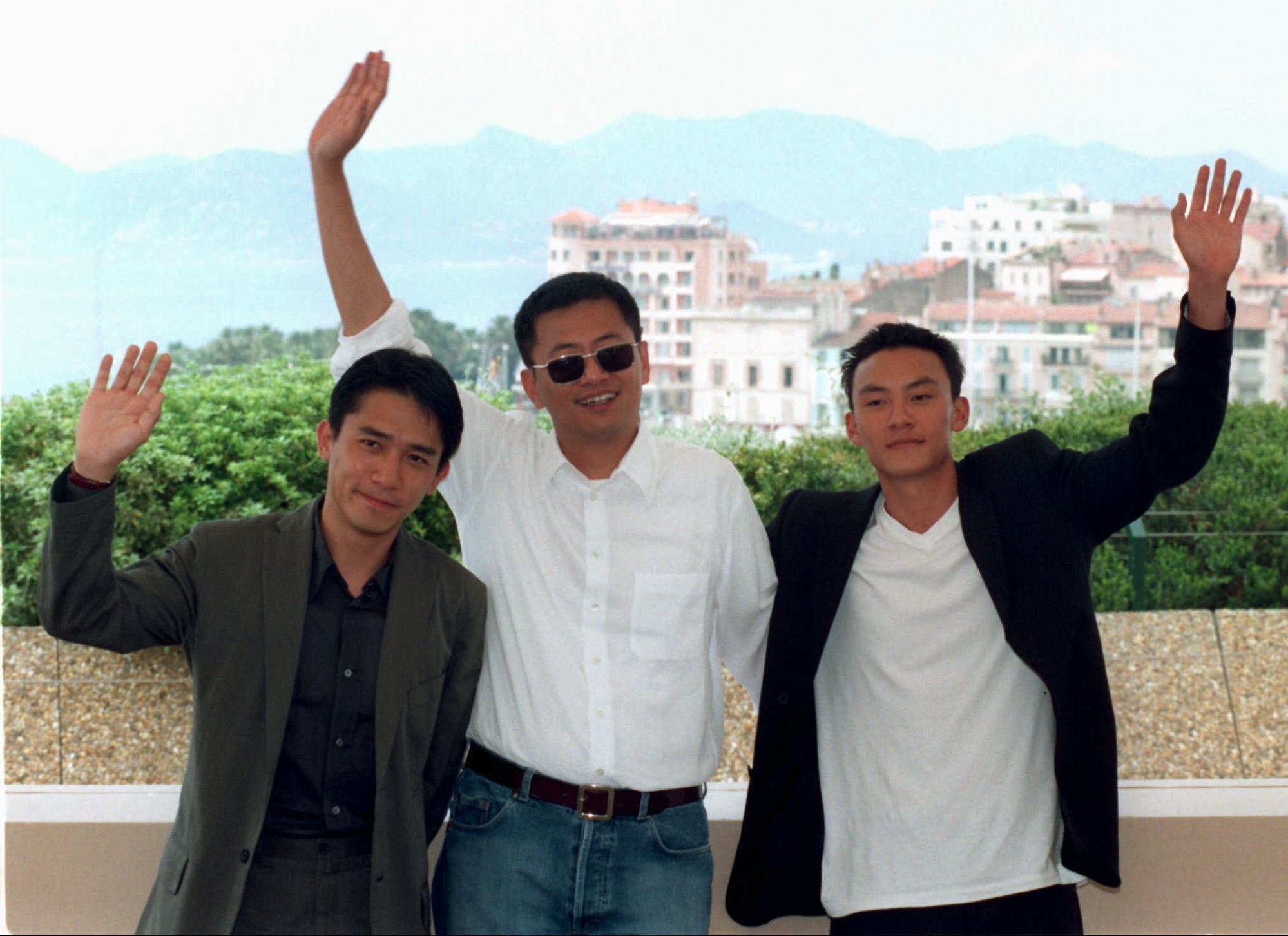
It would mark the beginning of a lifelong affiliation with the festival, which has screened no fewer than six of Wong’s features to date, four in the main competition.
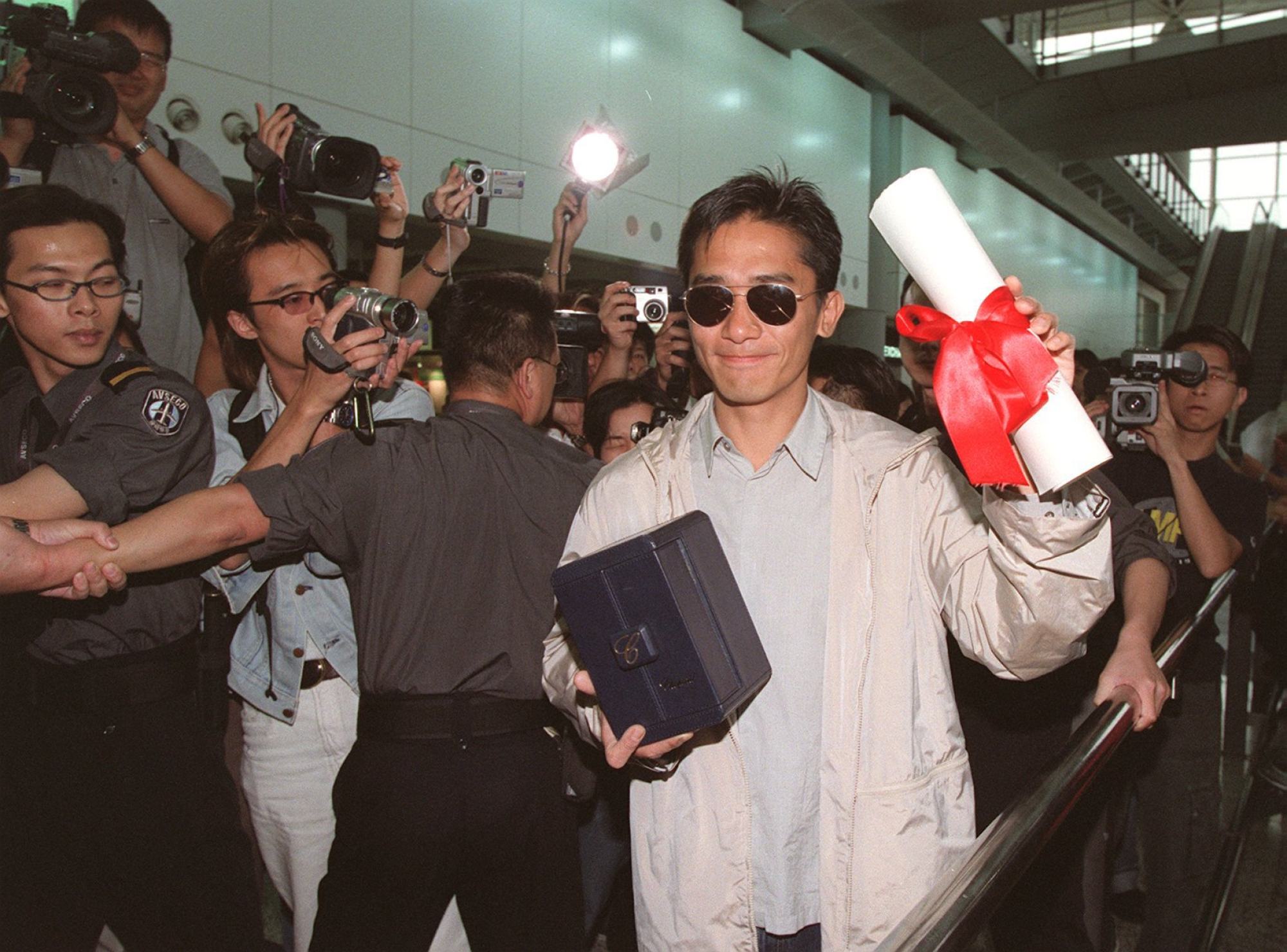
Wong would compete for the Palme d’Or again four years later with quasi-sequel 2046. The following year, the then 47-year-old was named jury president.
In the midst of Cannes’ long-running Wong Kar-wai love-in, Hong Kong scored its first, and only, Palme d’Or win. In 1993, fifth-generation Chinese filmmaker Chen Kaige’s ravishing historical epic Farewell My Concubine shared top honours with Jane Campion’s The Piano.
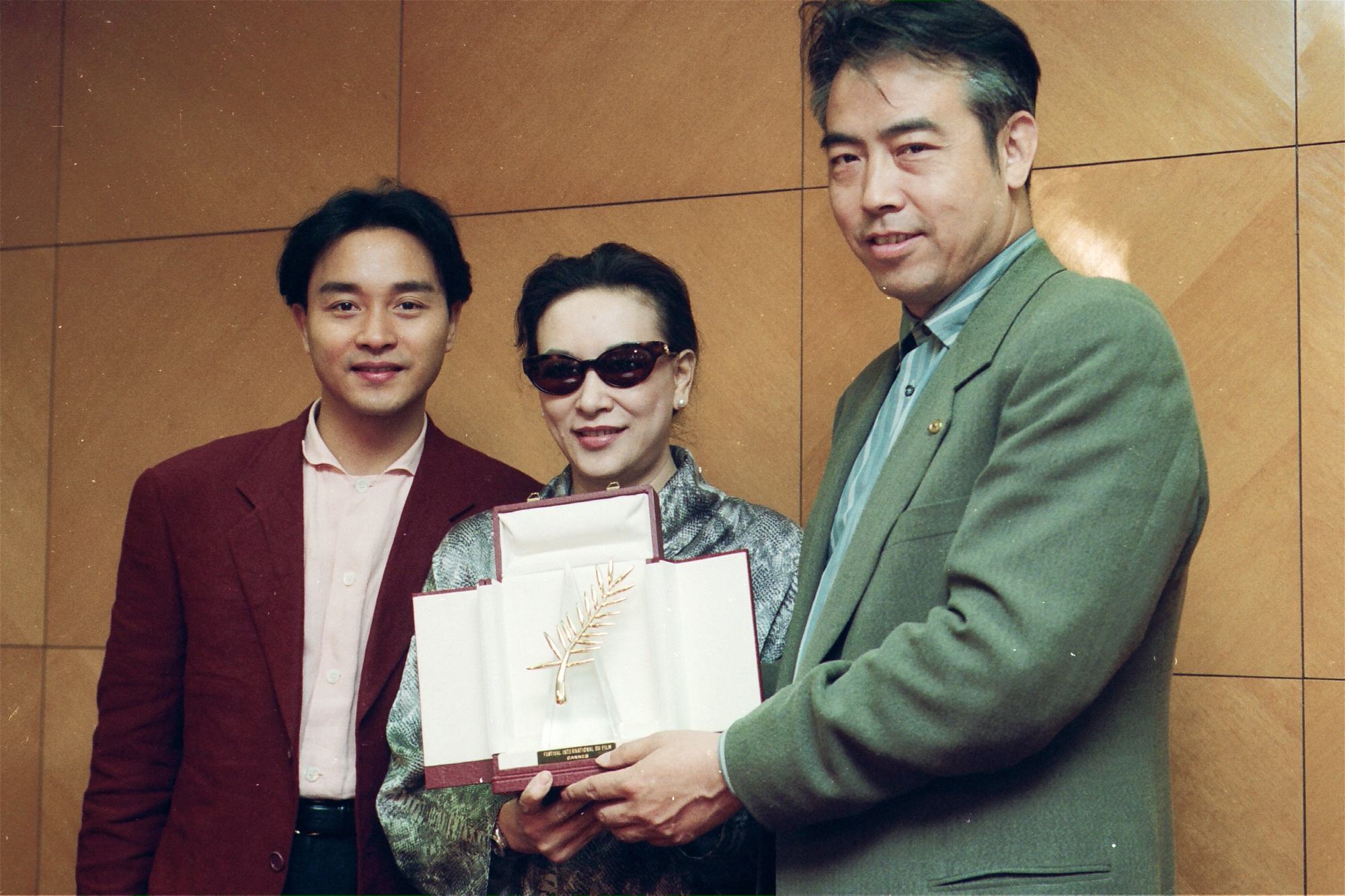
The victory proved a mixed blessing for the film, however. In mainland China, it was released in July the same year, two months after Cannes, only to be pulled shortly thereafter. This caused uproar throughout the international film community, who were largely enraptured by the film following its Cannes success.
The film was subsequently re-released, albeit with scenes relating to the Cultural Revolution, homosexuality and suicide excised.
In the United States, Chen’s film was not immune to cuts, either. Notorious distributor Harvey Weinstein, who acquired the film at Cannes, removed 14 minutes, in the hopes of hitting a more commercially attractive length. His cuts were similarly criticised, and the film has since been restored to its full 171-minute running time.
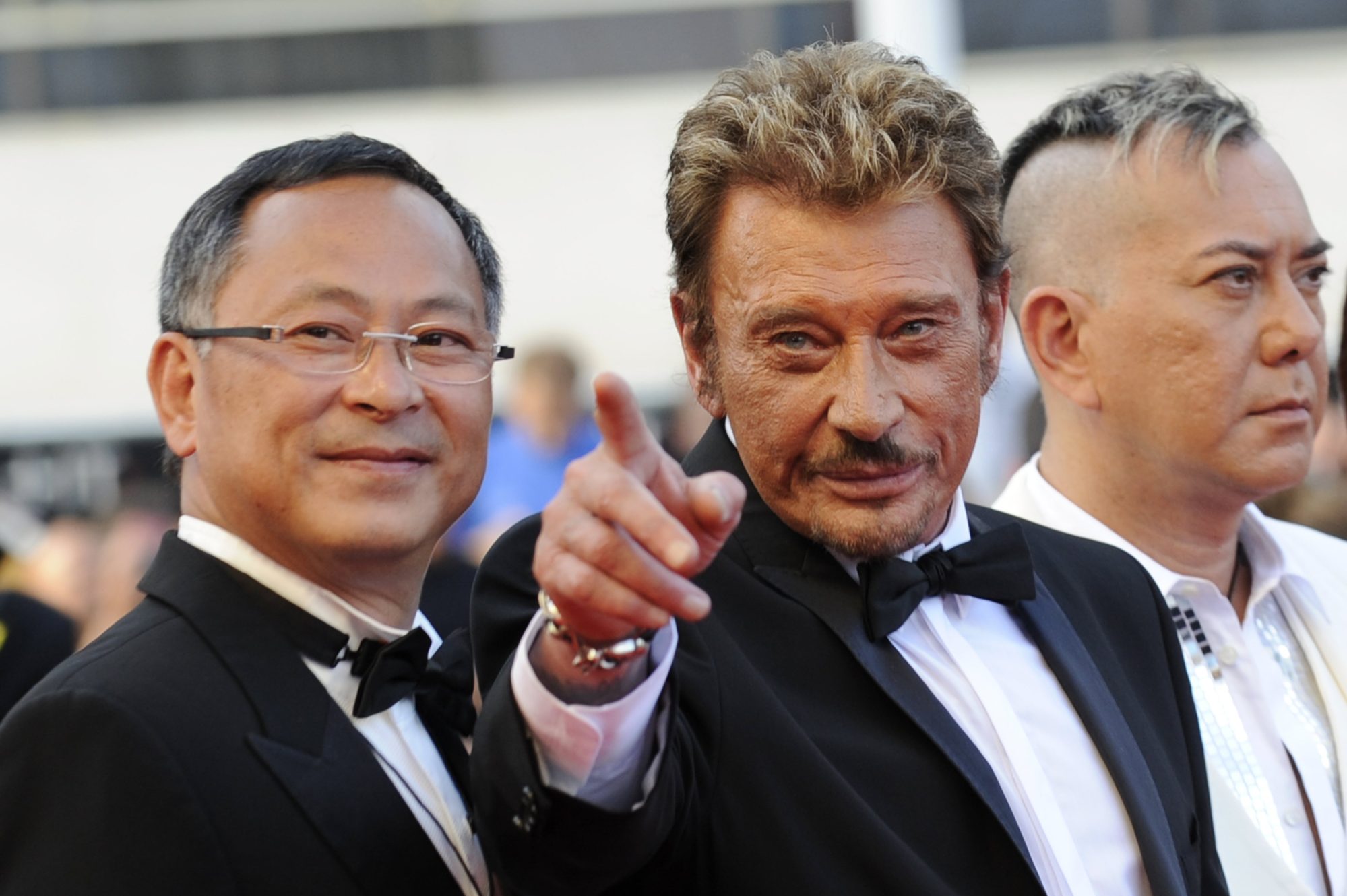
In 2011, To also served on the festival’s main jury, alongside fellow Hong Kong industry titan Nansun Shi. Academy Award winner Michelle Yeoh, who forged her career in Hong Kong, served on the jury in 2002, as have a number of other notable members of the city’s cinematic establishment, including Tsui Hark (2004) and John Woo (2005).
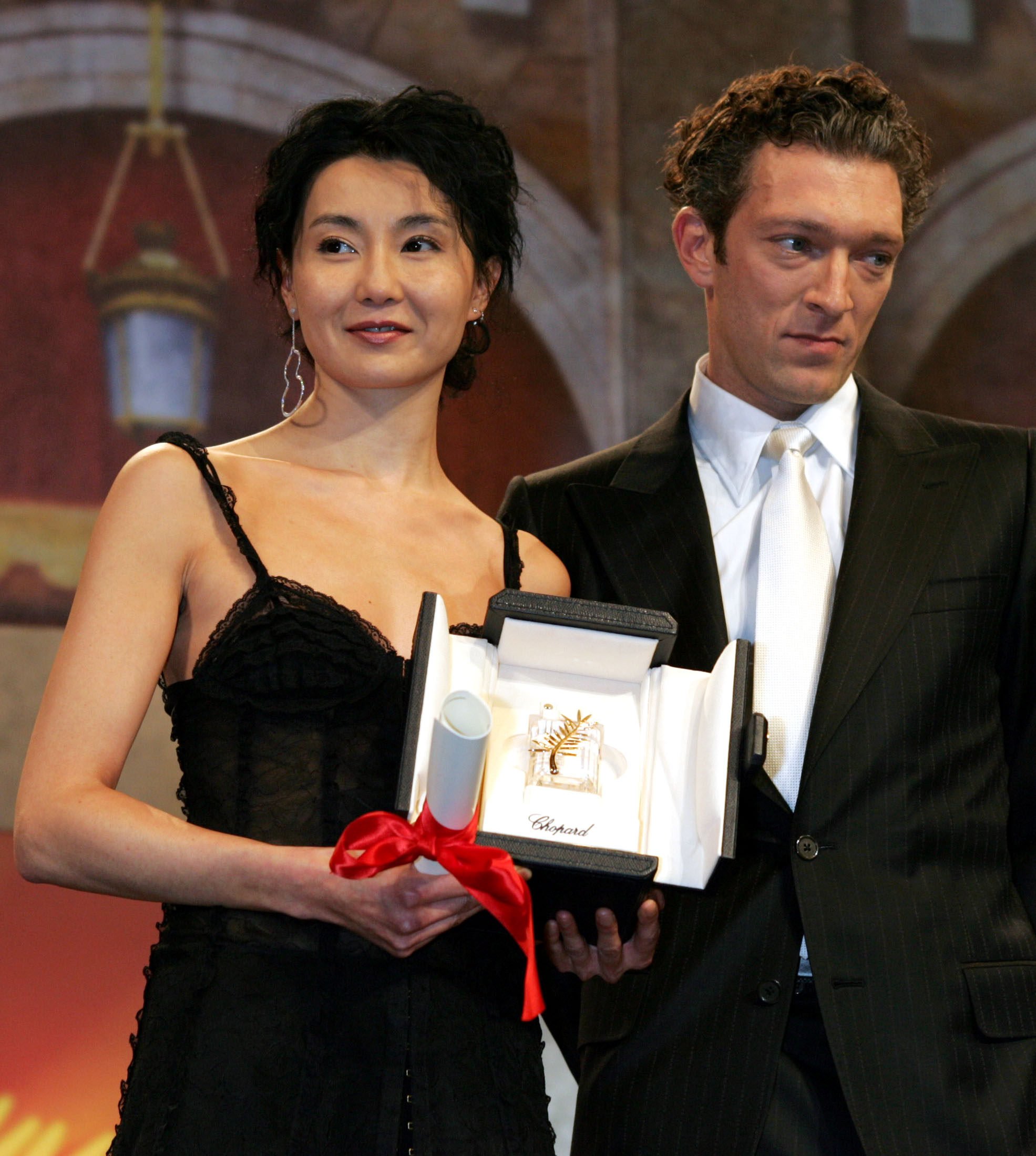
Surely it is only a matter of time before a new generation of Hong Kong filmmakers is invited to compete at cinema’s highest level. One can only assume Cannes’ programming team of cinematic tastemakers are waiting with bated breath, and they are not alone.

